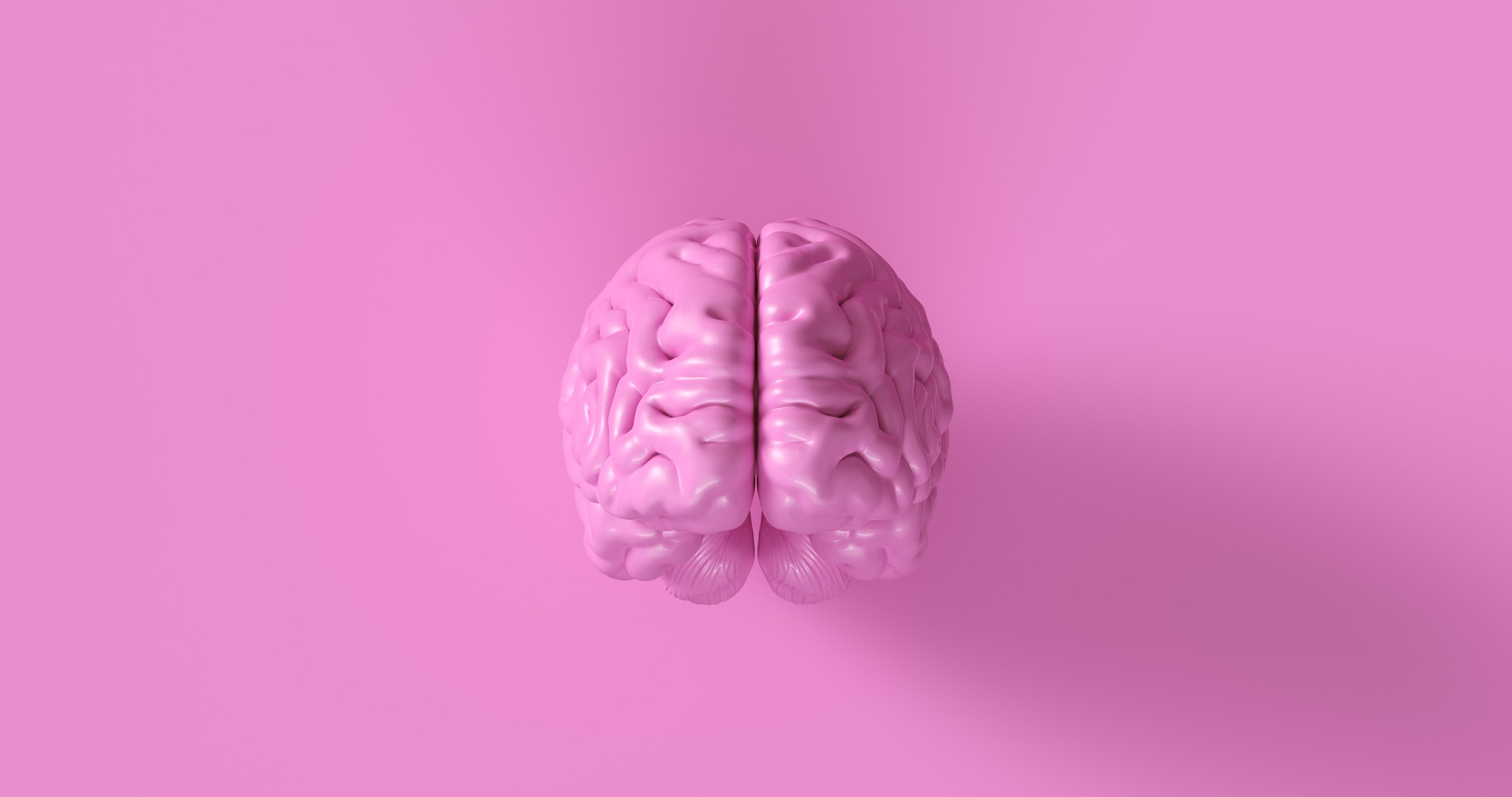Nature Knows and Psionic Success
God provides
17 Histamine Health Effects: Cognition, Inflammation & Sleep

Histamine is often cast as a villain for its role in inflammation and allergies, but this neurotransmitter regulates sleep, appetite, sexual behavior, and more. Read on to learn about the many vital functions of this inflammatory signal molecule. You may have landed here from our previous post on histamine. If so, you know that this biogenic amine acts on four receptors (H1R, H2R , H3R , and H4R ) to regulate sleep, appetite, motivation , learning, memory, and sexual behavior. If not, you may want to read that post before continuing into this deep dive into the health effects of histamine. Health Effects of Histamine You may have heard some pretty bad things about histamine. It tends to be discussed in the context of bug bites, itching, and allergies, but histamine is extremely important to your body’s daily function. 1) Alertness and Wakefulness Histamine sets your circadian clock . The first type of histamine receptor, H1R, helps you stay awake . Many antihistamine medications block this receptor, which is why they can make you drowsy [ 1 , 2 , 3 ]. H3R, by contrast, lowers histamine and promotes sleep . Neurons that release histamine are active during the day, stop working as you get drowsy in the evening, and start again after you wake up [ 4 ]. Low brain histamine can make you excessively sleepy during the day . It might also make waking up in the morning a struggle , even if you got enough sleep . People with narcolepsy have low brain histamine and uncontrollably fall asleep during the daytime. Tiprolisant is a drug that can increase their wakefulness and brain histamine by blocking H3R [ 3 , 5 ]. Histamine helps you stay awake during the day, which is why antihistamine medications can make […]
Click here to view full article
